Second ‘mercy flight’ evacuates some ill Yemenis from Sana’a to Jordan for treatment: WHO
Two dozen critically ill Yemenis have been evacuated from the Saudi-besieged international airport of the capital Sana’a for a second time in a week via a humanitarian air bridge created by the United Nations.
The World Health Organization (WHO), which is collaborating with the UN in transporting ill Yemenis to Jordan for receiving due treatment, announced the news in a statement on Saturday, a day after it said that the planned “mercy flight” had been rescheduled for “technical reasons.”
“The flight just took off from Sana’a headed to Amman,” a WHO spokesperson told AFP, adding that the plane was carrying men, women and children, who were in urgent need of medical treatment, along with their companions.
The UN agency said on Friday that it was “committed and working very hard to ensure these Yemeni patients receive the treatment they need.”
On Monday, the first UN-operated “mercy flight” evacuated seven critically-ill children along with their companions to Amman, some 18 months after the world body began negotiation with warring sides, particularly Riyadh, to create the air bridge and arrange the mission.
“This is the first of what we hope will be a number of flights in the medical air bridge,” the UN resident coordinator for Yemen, Lise Grande, told AFP after Monday's flight.
In March 2015, Saudi Arabia, with the help of a number of its allies, particularly the United Arab Emirates (UAE), launched a brutal military campaign against impoverished Yemen, whose former President Abd Rabbuh Mansur Hadi had fled to Riyadh a few months earlier after stepping down the previous year.
The Saudi-led campaign, code-named Operation Decisive Storm, was launched to achieve two main objectives: bringing Hadi, a staunch ally of Riyadh, back to power, and crushing the Houthi Ansarullah movement, whose fighters have proved to be of significant help to the Yemeni army in defending the Arab country against the invaders since the onset of the imposed war.
However, despite spending millions of dollars and employing foreign mercenaries, particularly from Sudan, the Saudi regime has deeply bogged down in Yemen and has practically failed in achieving both of its objectives.
The US-based Armed Conflict Location and Event Data Project (ACLED), a nonprofit conflict-research organization, estimates that the war has claimed more than 100,000 lives over the past nearly five years.
The Saudi-led coalition has put Yemen under a tight naval blockade as it also imposed a crippling blockade on the capital’s international airport, one of the lifelines of the county for the past three years or so.
The UN says over 24 million Yemenis are in dire need of humanitarian aid, including 10 million suffering from extreme levels of hunger.
VIDEO | 85% of Yemeni displaced people face daily hunger crisis
US House passes bill targeting charities and pro-Palestine groups
VIDEO | Supporting Gaza genocide
Hezbollah attacks Israeli forces after Lebanese homes blown up
World leaders, states hail ICC arrest warrants for Netanyahu, Gallant
MP: US accountable for possible Israeli 'foolishness' to attack Iraq
VIDEO | Israeli policies strangle Palestinian agriculture, economy
Iran's president offers condolences to Pakistan over terrorist attack


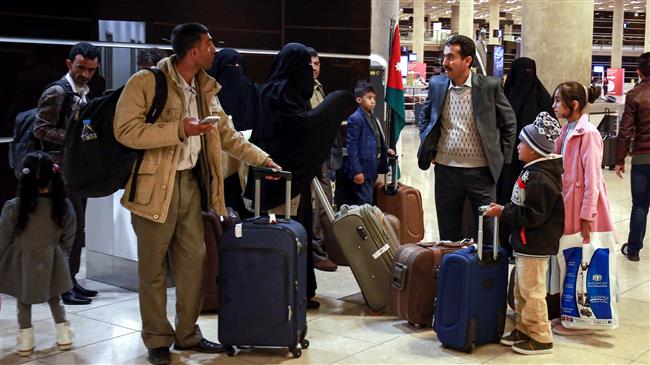


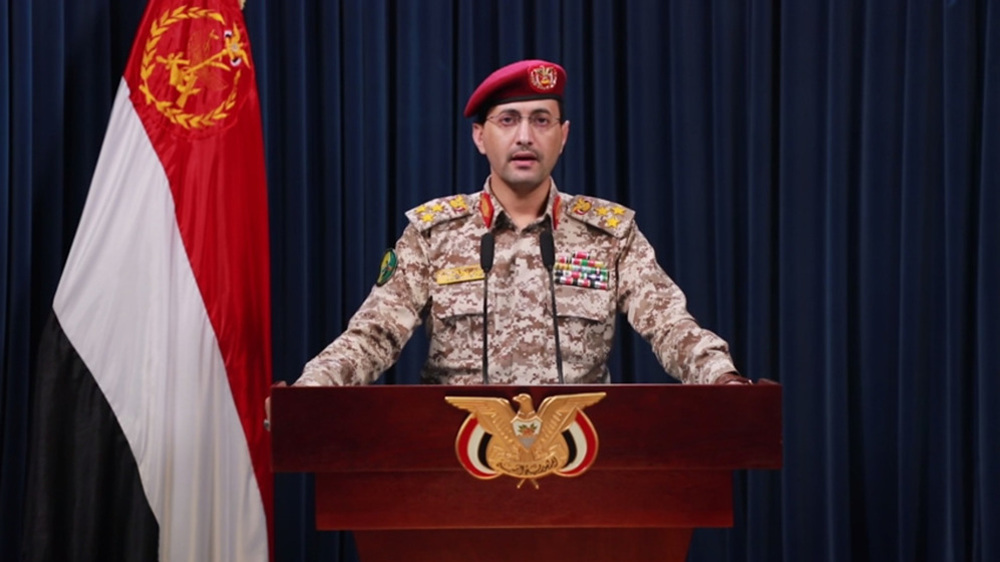
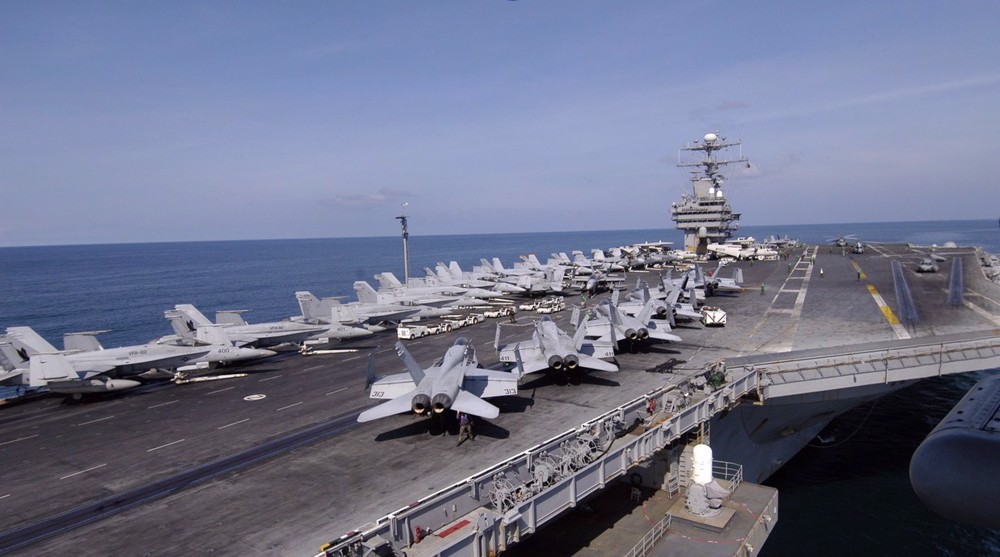



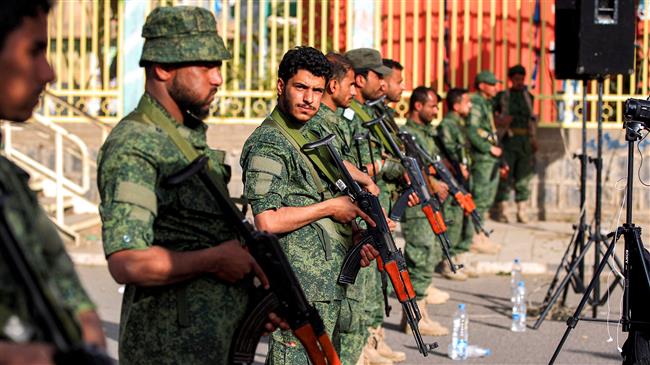
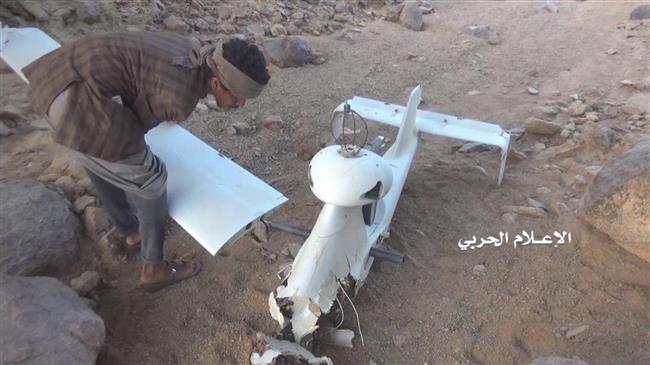
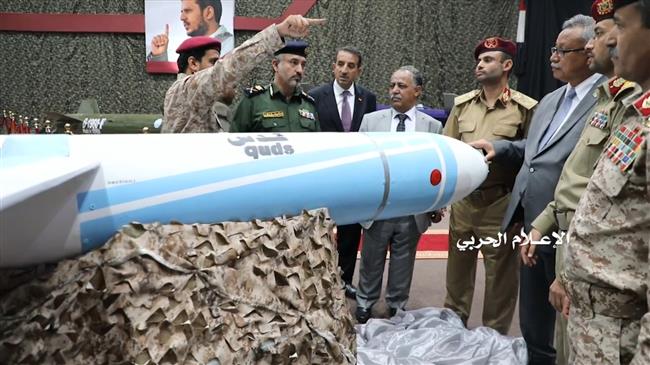
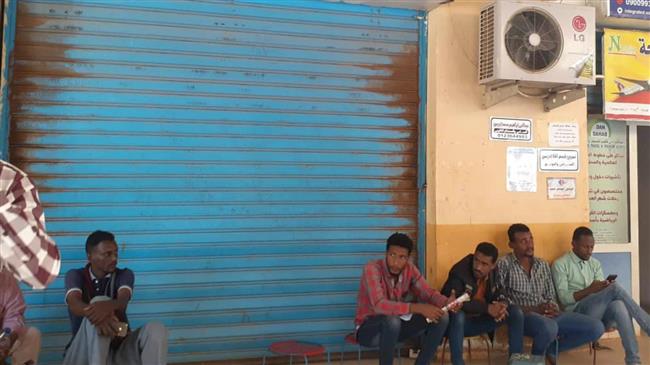

 This makes it easy to access the Press TV website
This makes it easy to access the Press TV website